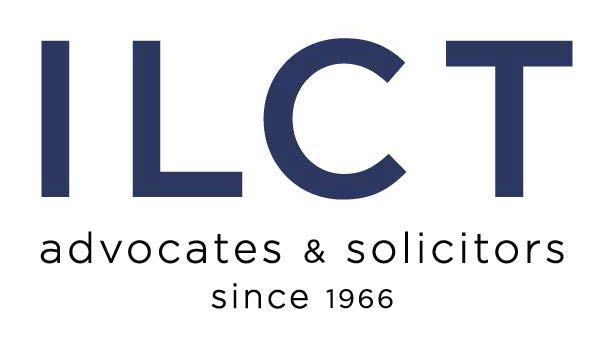Annual General Meeting (AGM) during COVID-19 Pandemic
In the usual circumstances, Thailand’s Annual General Meeting (“AGM”) is required to be held within 4 months from the end of the company’s fiscal year as per the , Thailand Civil and Commercial Code (“CCC”).
In light of the ongoing COVID-19 outbreak the recent announcements issued under the Emergency Decree on Public Administration in Emergency Situation B.E. 2548 (2005) (“EPAES”) and Communicable Diseases Act B.E. 2558 (2015) (“CDA”) have caused postponement to the routinely held AGM so that the latest COVID-19 preventative protocols are to be complied with by everyone
This article will provide FAQs regarding AGM arrangement for both Public Company Limited and Private Company Limited.
Should AGM be postponed?
Short answer is “YES”. Due to the enactment of the EPAES, many public venues are ordered to be closed, as well as, restrictions on large public gathering. These two regulations alone justify the postponement of a large public gathering such as the AGM. The EPAES is effective national wide, meaning that it applied to all AGM scheduled to be held in other provinces (beside Bangkok metropolitan). Thailand Department of Business Development (“DBD”) and Thailand Ministry of Commerce(“MOC”) have confirmed that the AGM can be postponed to a later date (after COVID-19 outbreak subsided) by submitting a letter to the DBD’s registrar after the AGM has been held.
Under this new regulation, companies are required to notify the shareholders of the AGM postponement either via typical announcement, online announcement or SETLink. Moreover, holding the AGM via electronic conference should be avoided as there are certain conflicting regulations (i.e. 1/3 of the quorum is required to be in the same place) that may violate the EPAES or CDA. Overall, AGM postponement is recommended.
AGM Important Requirements
With this being said, the AGM will still have to comply with the rules and regulations set forth by the TCCC, which are:
- Consider and approve the previous minutes of shareholders’ meeting;
- Consider the company’s operating results of the previous year;
- Consider and approve the audited annual financial statements;
- Consider and approve the distribution of dividends
- Consider and approve the appointment of directors whose term expires by rotation;
- Consider and approve the remuneration of directors;
- Consider and approve the appointment of external auditor and auditing fee;
- In case there are other significant agendas, the company must ensure the information provided to shareholders is sufficient and complete.
Special Requirements (if any):
- Annual dividend may be changed into interim dividend payment with the approval and announcement from the Board of Directors. The dividend must be distributed within 1 month from the approval date;
- Election/rotation of the Board of Directors may be postponed until the COVID-19 outbreak has ended and the AGM has been held, the current Board of Directors may retain the position until then;
- Companies may appoint a new or retain the current external auditors approved by the Securities and Exchange Commission (“SEC”) until the COVID-19 outbreak has ended and the AGM has been held. New appointment of an external auditor should be proposed for approval at the AGM.
Document Submission Deadlines
List of Shareholders:
- For Private Company Limited – 14 days from the new AGM date
- For Public Company Limited – 1 month from the new AGM date
Annual Financial Statements:
- 1 month from the new AGM date
Submission Route:
Due to the current COVID-19 protocol, all related documents should be submitted via DBD e-Filing portal (http://efiling.dbd.go.th/). Nonetheless, companies should also keep paper copies for backup purposes.
For further assistance on AGM related rules and regulations during COVID-19 outbreak, please contact us at law@ilct.co.th.

